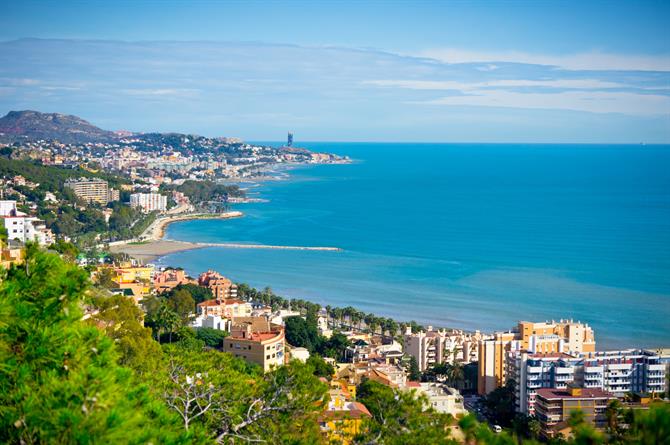A study of the Federación Española de Familias Numerosas together with DNA Expertus Turismo y Ocio researched the most important tendencies in family tourism in Spain. According to Francisco José Castillo, managing director of DNA Expertus Turismo y Ocio, the study reveals that Spanish families travel more and spend more during their holidays. In total, the economic impact of family tourism in Spain is estimated to be around 18.5 billion euros in 2017, compared to 17.26 billion euros in 2016. Here are the most important findings of the study:
- Especially striking is the interest for culture tourism (+1.4%). While beach and sun remain the most important factors for Spanish families when booking a holiday, their importance has dropped -12.5%. Among the other factors which are on the rise are nature tourism (+11.2%) and gastronomic tourism (+3%).
- The most valued features for families during their holidays are first of all safety, which means a good organised and successful holiday, followed by accommodation, which used to be number one until recently.

- 92% of the Spanish families travelled at least once to enjoy a holiday in 2017, which is 1,1% more than the previous year. Next to this, 30.7% of the families surveyed declared having travelled twice and more than 21% travelled three times. Families who travelled four times or more also increased by 2.7%, representing 22.9% of the families surveyed.
- The most popular times for Spanish families to travel were weekends and long weekends (44%) (the so-called puentes), followed by summer holidays (33.2%), Holy Week (13.2%) and Christmas (9.5%). There is a tendency towards not going to the same holiday destination twice during the same year, except during Christmas and Holy Week.

- Medium and high end hotels stay on top as the the most preferred type of accommodation, followed by houses of relatives and friends, touristic apartments and rural homes.
- As for destination, Andalusia remains the most popular place among families during the whole year, except for wintertime when Aragon leads the ranking as the preferred winter holiday destination.
- The majority of families travel with a prior booking, 35% of which make an online reservation, especially when it comes to accommodation, tickets for leisure activities and transport. On top of this, the main source of information for planning a holiday are friends and relatives, followed by search engines and websites specialised in family holidays.
